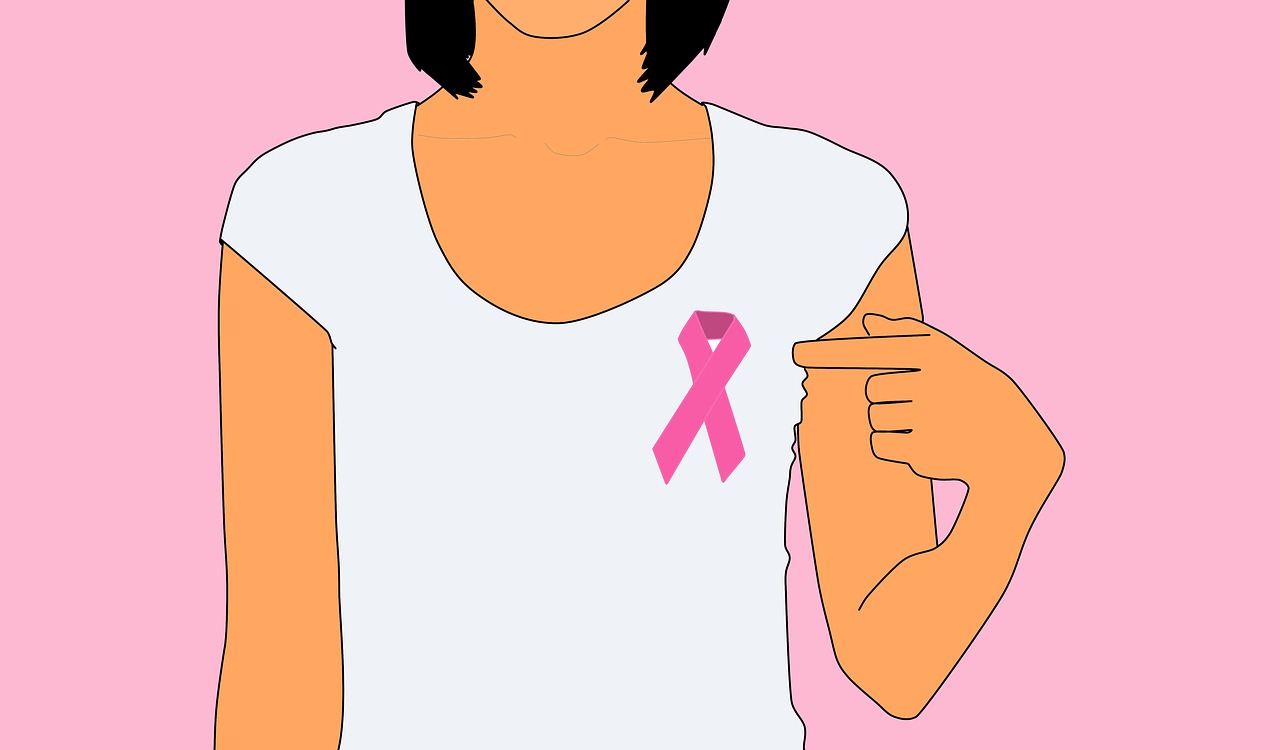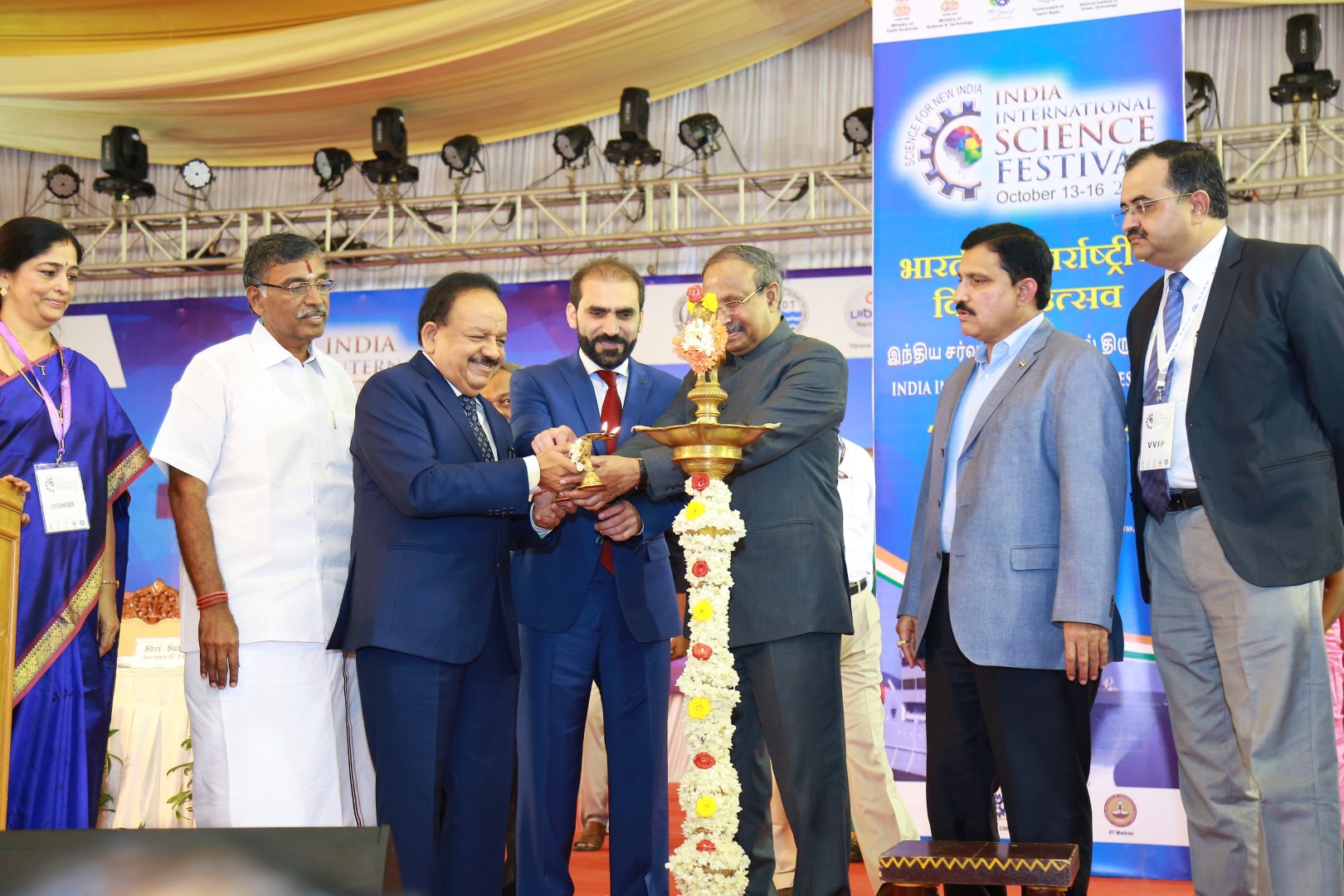
Breast Cancer Patients May Be Spared from Chemotherapy
- News
- 1.5K
Breast cancer is the most common type of cancer among women worldwide. Research over the past few decades has unlocked many mysteries of this disease leading to the availability of better detection tests and drugs for patients.
Breast cancer is classified into different types based on the expression of certain proteins like hormone receptors. More than half of breast cancer patients have tumours which express hormone receptors. Traditionally patients are treated with surgery, radiation, endocrine drugs (which specifically target the hormone receptor) as well as chemotherapy.
Though chemotherapy has revolutionized breast cancer treatment, it is associated with significant side effects such as nausea, vomiting, hair loss and fatigue. In the long term, it may also result in heart failure or leukaemia. The choice of chemotherapy depends on a delicate balance between benefit and risk. However, not all patients will benefit from chemotherapy and sometimes patients are unnecessarily given chemotherapy even when there is no potential benefit.
A recent study published in the New England Journal of Medicine – “Adjuvant Chemotherapy Guided by a 21-Gene Expression Assay in Breast Cancer” – offers a ray of hope. Researchers have identified patients who will best benefit from chemotherapy based on the Oncotype Dx test. Oncotype Dx (Genomic Health) is the most widely used assay to inform on the chances of cancer recurring or coming back after treatment in a particular type of breast cancer (Hormone receptor positive, Her2 negative, axillary node negative).
It is also used to predict which patients will benefit from chemotherapy based on the expression of a panel of 21 genes in a tumour. The assay predicts prognosis in terms of a recurrence score calculated between 0-100. Patients belonging to a score of 0-10 are found to be of low risk of recurrence, benefit less from chemotherapy and therefore only receive endocrine therapy.
Patients having recurrence score or over 26 belong to a high-risk group with high chances of cancer coming back. Such patients benefit from both chemotherapy and endocrine therapy. Unfortunately, patients with a midrange recurrence score of 11-25 have not had a choice in treatment options as clinicians were not certain of the risk. This meant that patients in this range were often over-treated with chemotherapy and had to tolerate the side effects even when they might not have benefited from it.
In a largest-ever breast cancer, clinical trial- Trail Assigning Individualized Options for Treatment Rx (TAILORx) spanning six countries and 1000 cancer centres – 10,273 hormone receptor-positive, Her2 negative and axillary node-negative patients were prospectively followed for nine years. Based on the Oncotype Dx recurrence score, the patients at low risk (0-10) were given endocrine therapy alone and those with high risk (above 26) were given both endocrine therapy and chemotherapy.
The patients who belonged to the uncertain midrange score group were then randomized and given either of the treatment regimens. The researchers observed that after five years, the chances of survival were similar among patients receiving endocrine therapy alone or both endocrine therapy and chemotherapy. This is a landmark observation which shows that 70% of the women who belong to the early stage of the most common breast cancer can be spared from the economic, emotional and physical burden of chemotherapy.
This is the first ever clinical trial on the methodology for tailor-made or personalized medicine and this study has a huge impact in the way breast cancer is treated. Although breast cancer is a growing concern in India, the use of the Oncotype Dx test to benefit Indian breast cancer patients remains doubtful. The Oncotype Dx test alone costs around $3400 which is equivalent to Rupees 2.93 lakh. In addition, the breast cancer specimen has to be sent to laboratories in the United States.
In a country like India where a bulk of the population belongs to the middle class and poor income groups, this is a huge economic burden and will be inaccessible for millions of Indian women. Another concern is that this test is used only for early-stage breast cancer of a particular subtype. However, in India, women often present with advanced stage breast cancer.
These are legitimate concerns that need to be addressed in a systematic manner by the government as well as healthcare professionals. This would allow Indian patients to benefit from the impact of this study allowing early stage breast cancer patients (Hormone receptor positive, Her2 negative, axillary node negative) with a medium range risk score in Oncotype Dx to safely avoid chemotherapy and its associated physical, the emotional and economic burden. (India Science Wire)
By Dr Radhika Nair
The writer is a Ramanujan Faculty Fellow at the Rajiv Gandhi Centre for Biotechnology, Trivandrum, India
For the latest Science, Tech news and conversations, follow Research Stash on Twitter, Facebook, and subscribe to our YouTube channel


